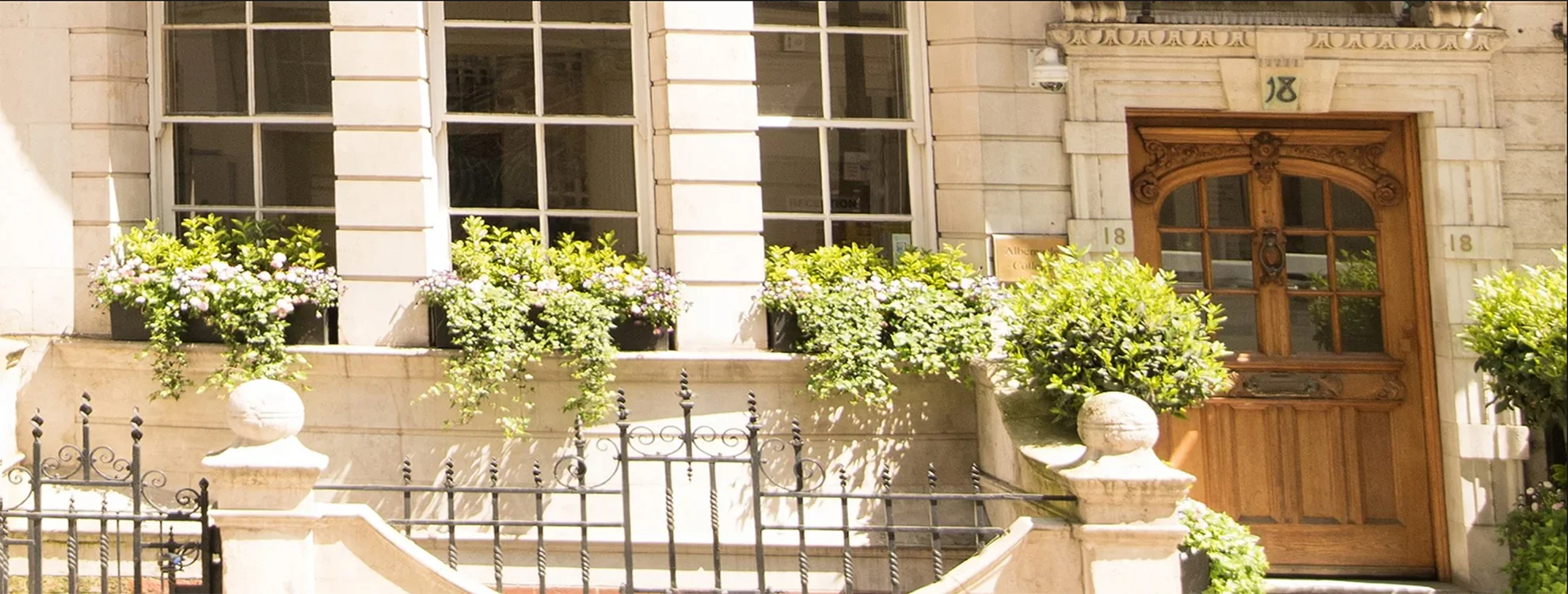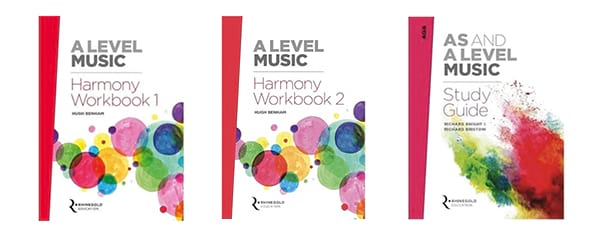








A-level Course Outline
"Music is a more potent instrument than any other for education because rhythm and harmony find their way into the inward places of the soul" - Plato.
Who should study Music at A-level?

Music is constantly evolving, inspiring creativity and expression in a way that no other subject can. The contemporary A-level qualification offers students the chance to study a wide range of musical genres. It brings listening, performance and composition to life in new and engaging ways, and links to the world around us like never before.
Many students have different learning styles and musical tastes, which is why this A-level specification values all music styles, skills and instruments. Students are able to broaden their minds and foster a love of all music with a qualification they will enjoy, regardless of their background in music.
Do I need a GCSE in Music to study it at A-level?
A-level Music offers logical progression from GCSE as the assessment objectives, structure and titles are very similar to those encountered in GCSE Music. However if you have a genuine interest in the subject and a core grounding in a musical instrument or singing, then it is not absolutely necessary to have studied music at GCSE level.
What skills will I develop studying Music A-level?
The specification supports progression to higher education in music and related subjects, as well as providing all students with a platform to inspire a lifelong interest and enjoyment of music. Learning music provides students with a host of transferable skills; personal, professional and technical.
| Assessments | |
Component 1: Appraising music What's assessed
How it's assessed
Questions
This component is 40% of A-level marks |
Component 2: Performance Here music performance is assessed by one of the following:
Requirement A minimum of ten minutes of performance in total is required This component is 35% of A-level marks |
|
Component 3: Composition What's assessed Here music composition skills are assessed in both of the following:
Requirement A minimum of four and a half minutes of music in total is required This component is worth 25% of A-level marks |
|
Structure of the Course
This course will be taught for 6 lessons per week, exclusive of performance sessions.
Useful books/guides:
